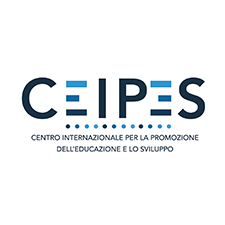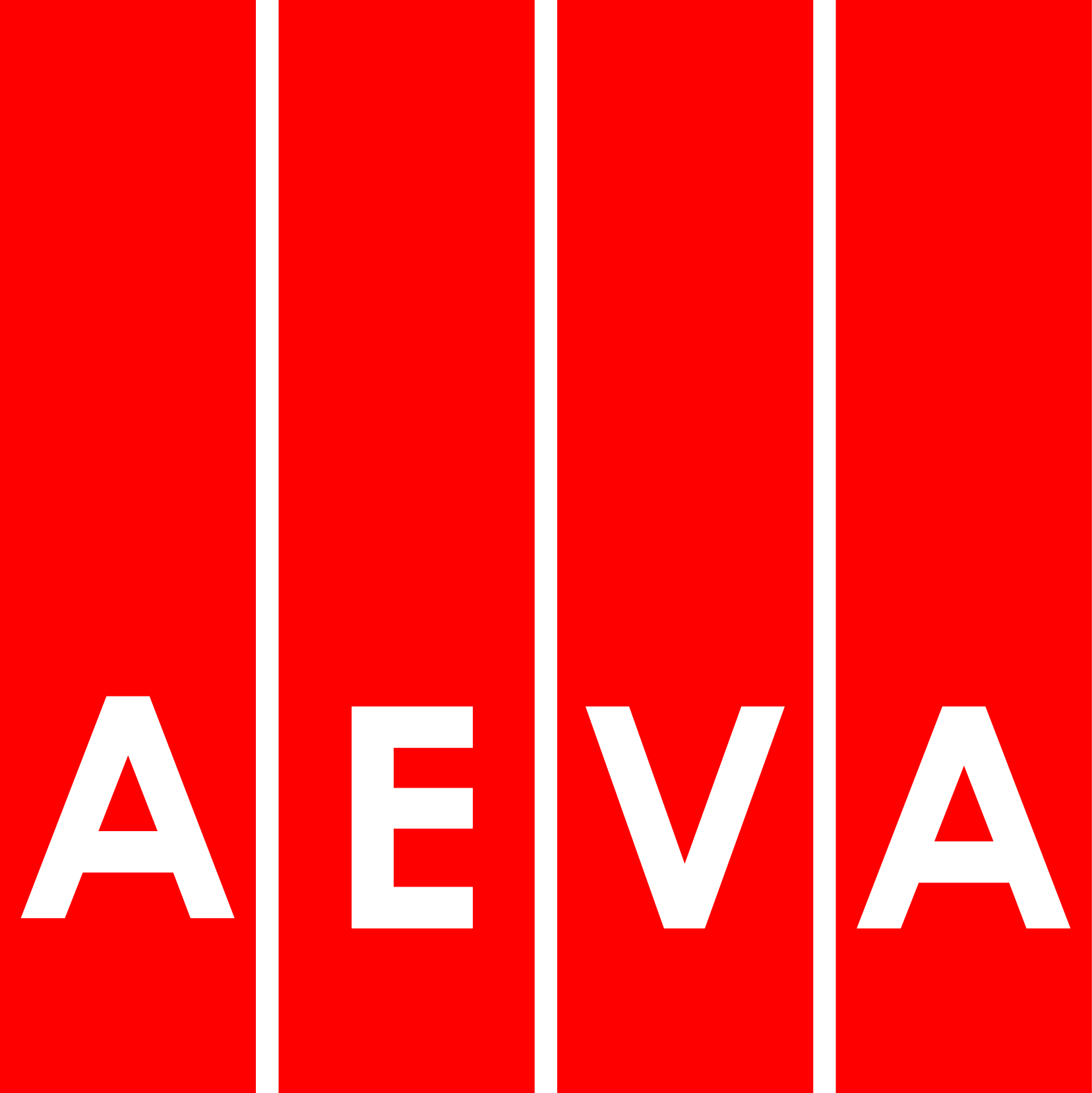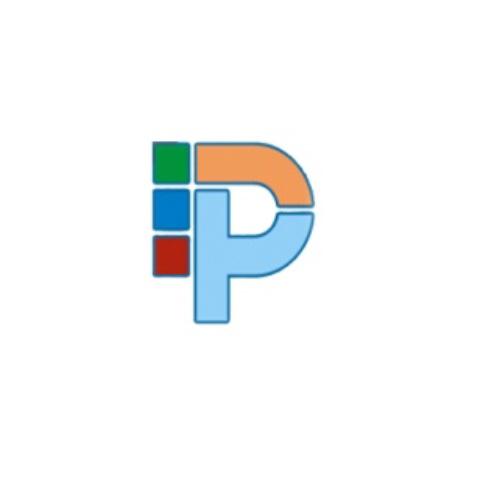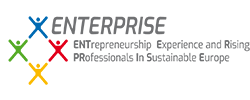Partners

CEIPES:
CEIPES – International Centre for the Promotion of Education and Development is a non-profit organisation founded in 2007 and based in Palermo, Italy. It leads a Network of more than 8 European and extra European associations focused on Education, Training and Social Development. CEIPES has expertise on Education, Transfer of innovation and Project management in different European programmes tackling the Education and the capacity building of different target groups, from young people to adults, from women to unemployed, migrants and disadvantaged groups. It also promotes lifelong learning, vocational training and entrepreneurship with the aim of enhancing opportunities for youth and adults to improve and acquire competences and therefore boost their employability and inclusion. CEIPES has several links with public and private local and international stakeholders that can contribute to the achievement of project results in terms of dissemination, exploitation and sustainability of them. CEIPES can count on experienced staff composed of professionals with different competences and fields such as psychology, communication, training, international cooperation, social and cultural mediation, social assistance, ICT, digital manufacturing and law.
Contact:
Rosi Libertini
Mail: rosi.libertini@ceipes.org
Web: www.ceipes.org

AEVA:
AEVA was founded in 1998 as a non-profit organisation to meet the needs of local businesses in tackling skills mismatch by bringing education and the working world closer together. It is certified by ISO 9001 (Quality) and SA 8000 (Social Responsibility). AEVA-EPA was certified in LdV Mobility in 2010 and has warded the VET Mobility Charter since 2012. It is also certified with the EQAVET Compliance Seal of the Quality Assurance System in Education and Professional Training. AEVA-EPA has 4 units in Aveiro Region, located in urban, rural, coastal and in industrial transition areas, and offers several IVET, CVET and TVET qualifications targeting per year around 1000 learners (14–21 years old), most of them with fewer opportunities, migrant background and dropout history. AEVA’s VET School, Escola Profissional de Aveiro, has an educational project and purpose that go far beyond simple training and education. Our school has been deeply interested in offering students the best opportunities to face the needs of the labour market. That implies knowing each students’ capacities and abilities as well as their drives, what motivates them and what led many of them to try to leave school. AEVA-EPA ( www.epa.edu.pt ) has 4 units in Aveiro Region, located in urban, rural, coastal and in industrial transition areas, and offers several IVET, CVET and TVET qualifications targeting per year around 1000 learners (14–21 years old), most of them with fewer opportunities, migrant background and dropout history.
Contact:
Ana Ribeiro
Mail: ana.ribeiro@aeva.eu
Web: www.epa.edu.pt / www.aeva.eu

BALGARSKA AGENTSIYA ZA RAZVITIE:
Bulgarian Development Agency (BDA) is a non-profit association undertaking activities for public benefit, established in Sofia, Bulgaria. The association aims to contribute to the regional development as well as to promote the democratic and integration processes in the context of a Knowledge Society. It is to be achieved through elaboration, localization and transfer of innovative training and education products, materials and methodologies; analysis, transfer and dissemination of best practices; establishment and promotion of centres of excellence, establishment and popularization of VET networks; digital skills and digital footprint for young and adults. Our organization undertakes activities for public benefit focusing on issues related to regional development, innovation, achievement and implementation of EU targets, as well as improving the social conditions in our country. In our activities we support national policy reforms (e.g. building national networks and coalitions of interested groups). We are also working on raising awareness campaigns promoting the benefits of learning both for individuals, the economy, and society. Bulgarian Development Agency promotes entrepreneurship education in order to develop active citizenship, employability and new business creation (including social entrepreneurship).
Contact:
Denitza Toptchiyska
Mail:denitza.t@gmail.com
Web: www.bg-da.eu

Thora Storm videregående skole:
Thora Storm videregående skole (TSV) is an upper secondary school with 930 students and 100 teachers. It’s situated in the middle of Norway, in the centre of Trondheim – the third largest city in the country. At TSV they offer a wide range of subjects to choose from, such as various health classes, design, architecture, sales and services or general study. The school works largely at an entrepreneurial level within all areas of study. It has close ties to the industry and use this connection to cooperate both in-house and in the workplaces. The school encourages youth enterprise and use creating your own business actively as a learning strategy.
Contact:
Carl Ole Marken
Mail: carma@trondelagfylke.no
Web: https://web.trondelagfylke.no/thora-storm-videregaende-skole

I.I.S.S. Pio La Torre:
I.I.S.S. Pio La Torre is one of the main technical and vocational secondary schools on Economics, Tourism, Art and Graphics in Palermo, Italy. It gets its name from the well known Italian politician Pio La Torre, who was killed in 1982. The school is directed by the headmistress Prof. Nicoletta M. A. Lipani and it hosts about 1350 students aged between 14 and 19 years, 200 teachers and 45 among technical and administrative staff. The students may follow three different 5-year-long learning courses based on Economics, Tourism, Computer Science, Art, and Graphics. Four foreign languages are taught: English, French, Spanish, and German. The first two years are mainly devoted to strengthening basic knowledge of Italian, English, Mathematics, Earth Science, Physics, Chemistry, and ICT, while in the next three years students can focus on professional subjects related to Economics, Tourism, Computer Science, Art, and Graphics. In the final three years, all students are involved in professional activities and training at real local offices and boards. Practical learning paths are also provided to the students, who are involved in formative activities concerning the tourism industry in our region. As a matter of fact, Palermo is the main cultural, economic and touristic city in Sicily. The socio-cultural context is basically made up of single-income families, often large families, with poor education, sometimes internally de-structured, unable to provide positive role models or to support their children along the educational/training path to which no importance is given. Some students are highly motivated and supported by their families who believe in this kind of education but the major part of young people came to School after gathering failures during their previous educational experience, showing poor professional interests. All this affects their personal motivation towards the study. Join this project would contribute to reducing the rate of early school leaving, enhancing language skills as well as developing problem-solving skills useful in their future job. They will have the opportunity to meet their European peers thanks to opportunities that families cannot offer. Our students are mainly Italian. However, the number of youngsters coming from foreign countries, mainly East Europe, North Africa, and South East Asia, is continuously increasing. The management of strongly heterogeneous classes is often difficult for teachers because students can have big gaps in their background knowledge, but at the same time, this represents a resource to promote social inclusion and multicultural values.
Contact:
Michele Nicosia
